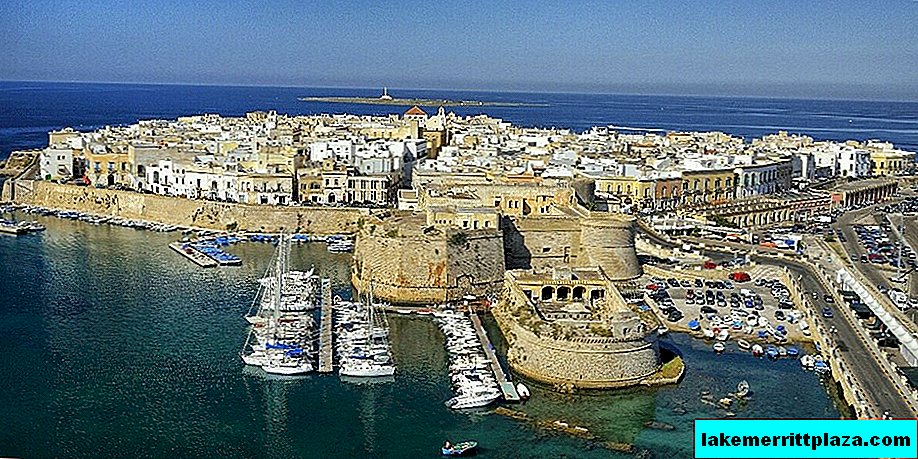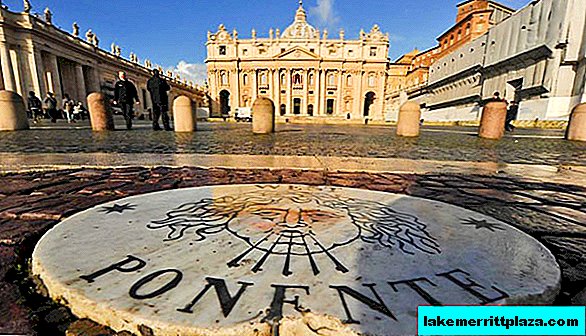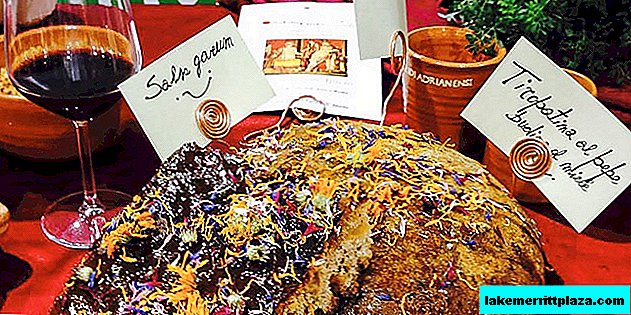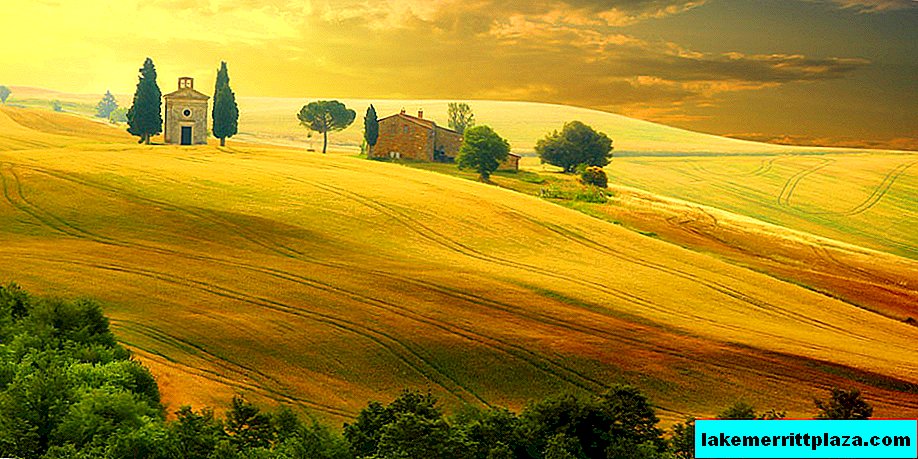Today we will learn how to make salt. After all, vacation in Sicily is not only the sea and the beach, but also many educational sights. Personally, I try not to eat salt in food, but it turns out not so scary.

Salt is so commonplace that we don’t even think about where it comes from. In Sicily, we had the opportunity to learn in detail about the process of extracting sea salt, which takes place near Trapani, and here is the salt museum. It is a paradox that we have many coasts in the world, and salt is mined in only a few places. As we were told, not every coastal zone is suitable for production, but only one where a shallow bottom stretches tens of meters from the coast.

Salt production process
The coastal zone is divided into 4-5 levels, differing in height. The very first, located closer to the open sea, the highest and largest.



Water enters into it using a special pipe with internal blades. The water depth at the first level is no more than half a meter.

Further, the water naturally flows to the next level and further to the last, where salt is ultimately extracted. During the passage of all levels, water is purified from harmful bacteria.


To speed up the process, a special base mixture is now used, thanks to which up to 15 centimeters of salt are formed.

The process of salt production was known two thousand years ago, but in Trapani, production appeared only more than two hundred years ago. And imagine, the process has not changed much since then. The only thing now is that salt does not need to be dragged on itself in heavy buckets.


However, large companies were able to mechanize the process, complicating it with the appearance of a cleaning stage, which leads to a decrease in the quality of salt. The fact is that when using manual labor, the salt is collected clean, without dirt, and does not require additional cleaning.
After direct collection, salt is stored on the shore under the tiles to completely dry out from moisture.
Salt, of course, does not immediately come out in the form in which we are used to seeing it. Initially, it is obtained in large solid pieces, like this one. By the way, it tastes very very salty. Checked personally by Arthur Yakutsevich.

So, after a long drying time, the salt is sent to the mill, where it becomes grains of medium size, after which it is packed, and the process is finished. However, you cannot buy such salt in any store. Like everything that is done by hand, it costs 10-15 times more and is rare. For example, the cost of a kilo of organic salt is 12-15 euros. But even if you use salt, then only one that has retained a lot of useful trace elements.



The process of salt production is possible only in the warm season, because it requires constant evaporation of water.
Therefore, in winter, salt business owners use water tanks for fish farming. And also open fish restaurants, in one of which we were lucky to have lunch. But we will tell you about this, dear readers, in our special gastronomic report.


I liked the salt museum. It is located near Trapani at the address:
Museo del sale
Via delle saline snc, paceco
91100 Trapani, Italy
+39 0923 867442
View Trapani Salt Museum in Sicily in a larger map
Open all year from 9:30 to 19:00. Admission is about 5 euros. Guided tours in Italian and English.
Official website of the museum: www.museodelsale.it








